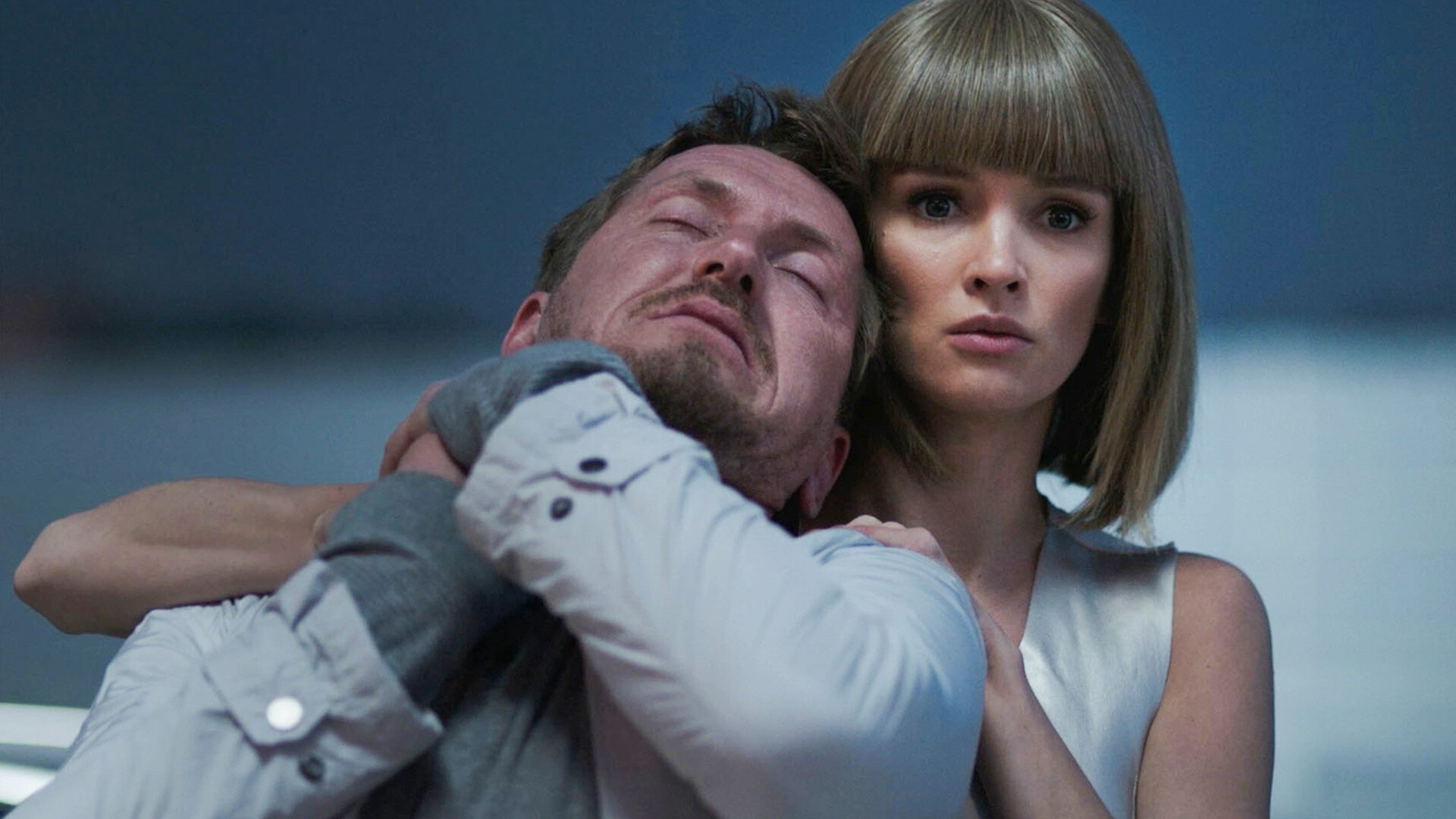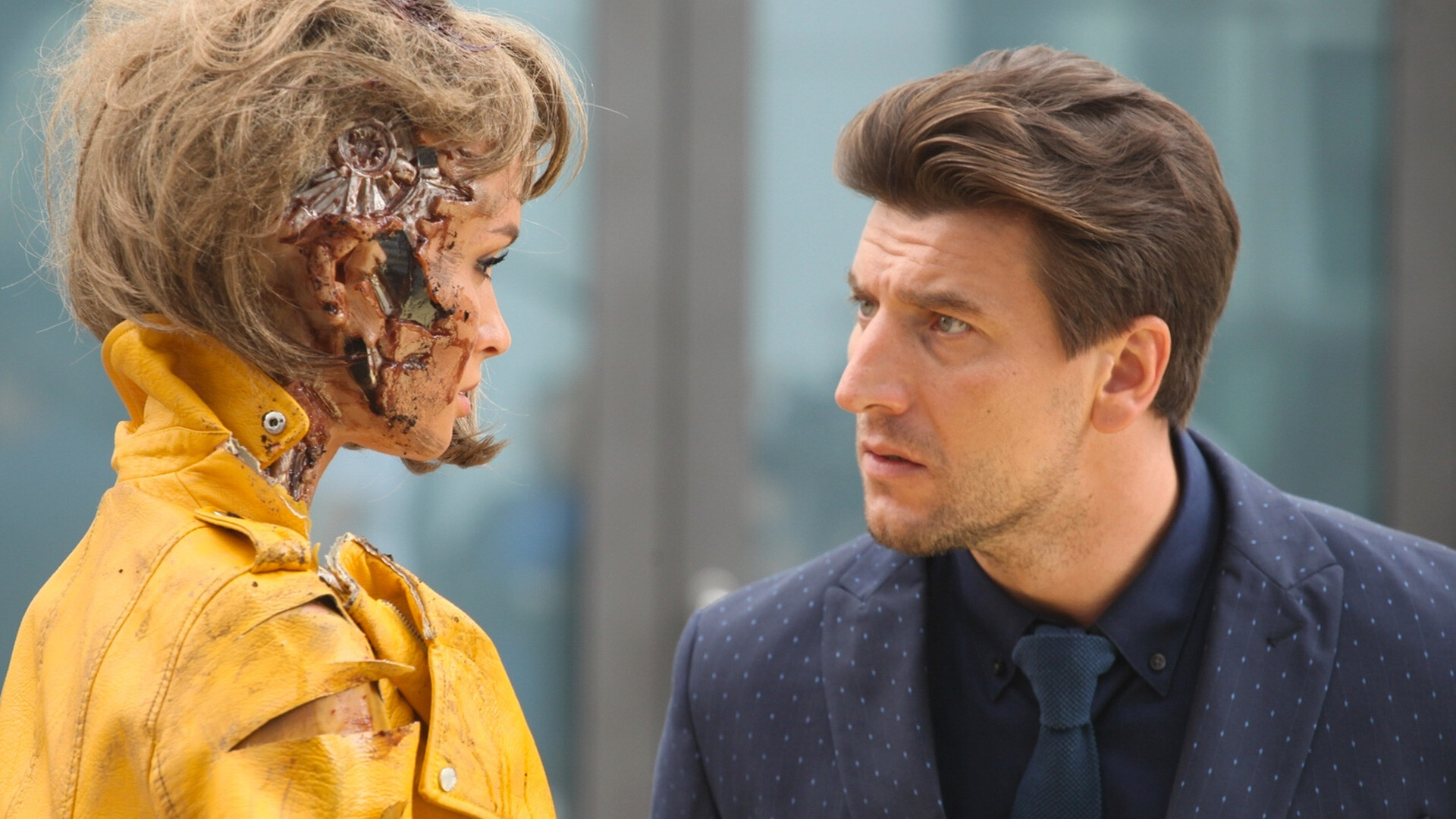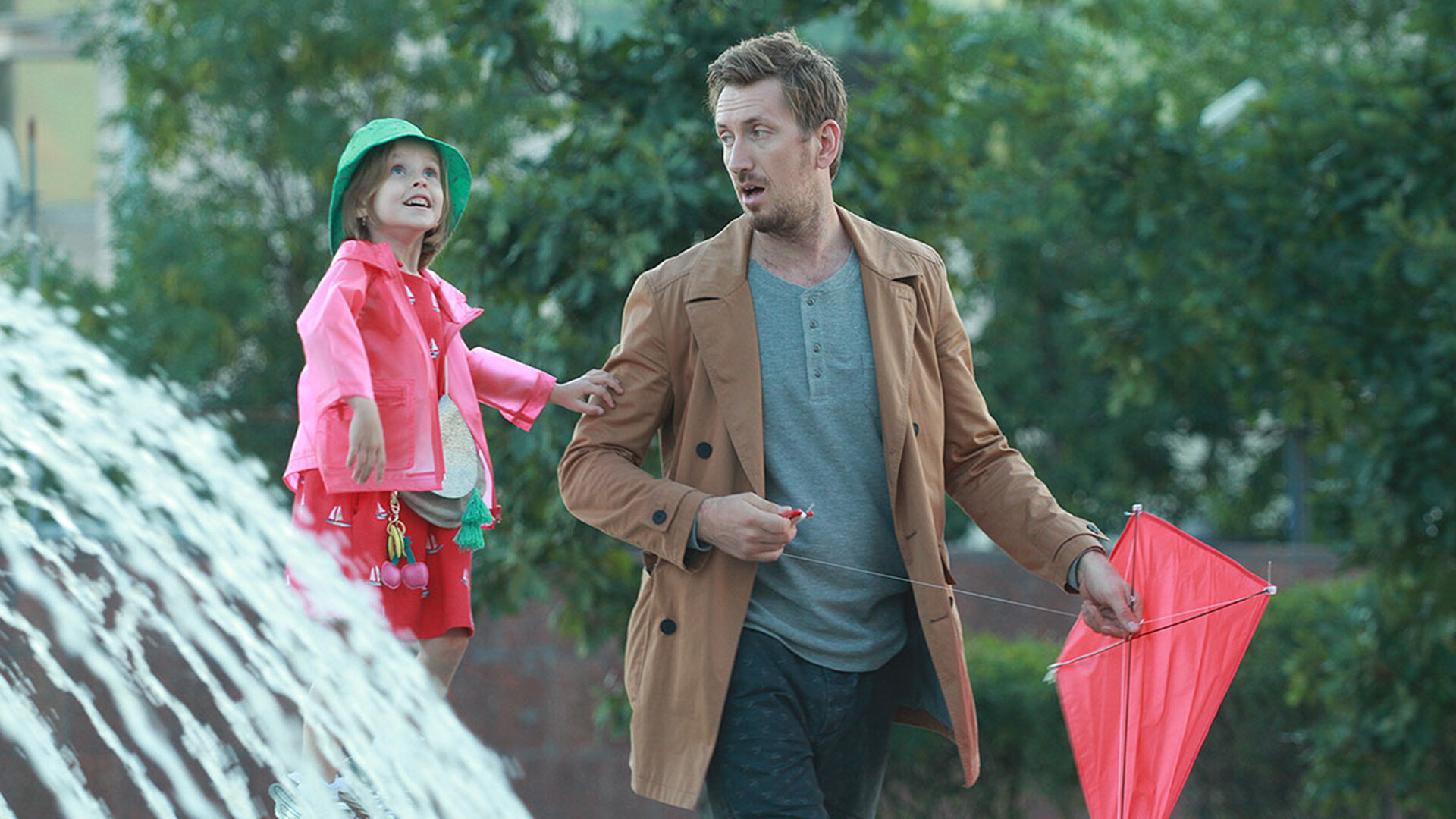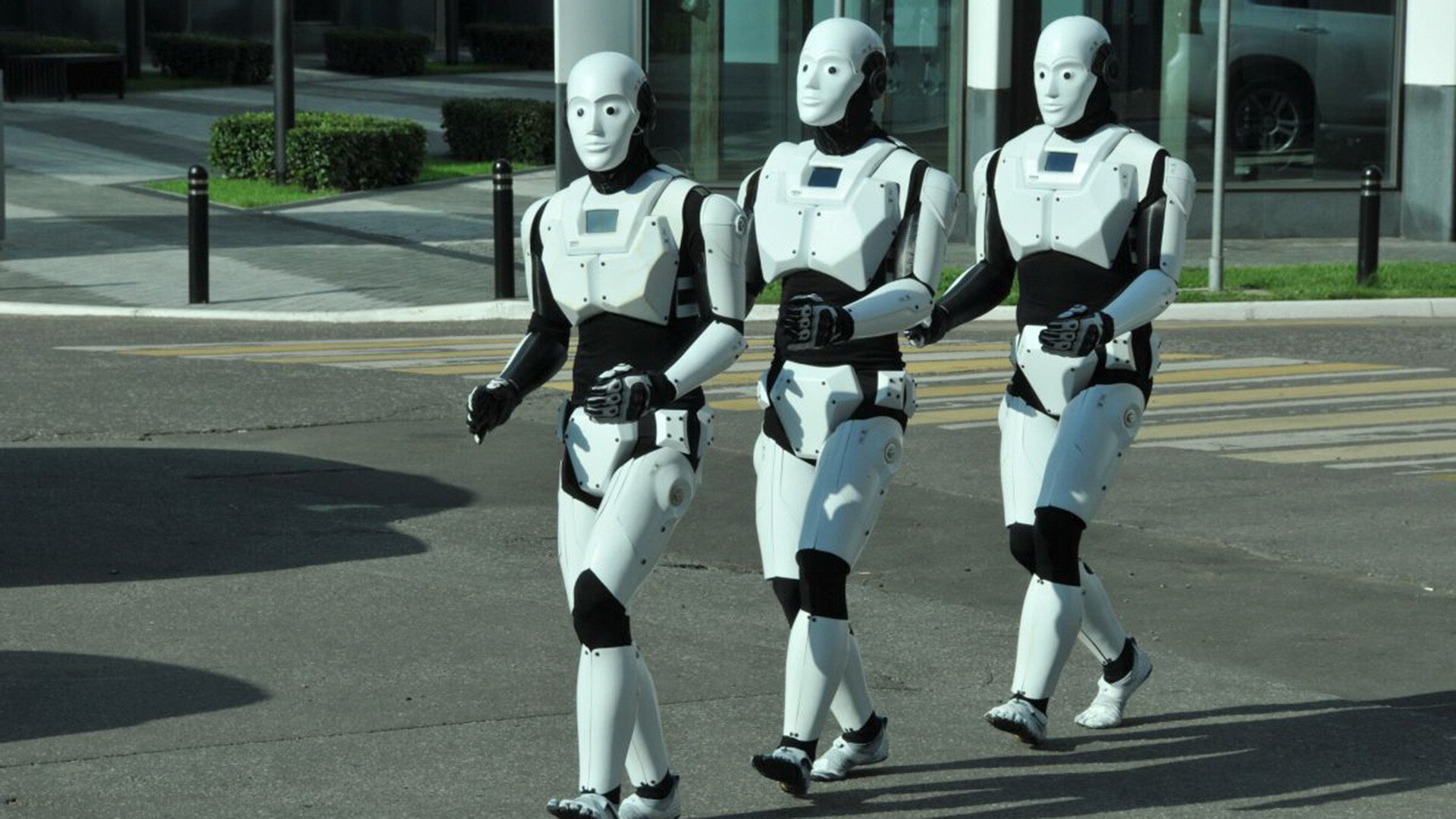5 reasons to watch ‘Better than Us’, Netflix's first Russian 'original series' show

1. One of the main subjects is the issue of AI, which is becoming ever more salient today

According to the story, in the near future, androids establish a solid presence in our everyday lives, completely freeing humanity from routine and menial tasks. Many even have the ability to convincingly replicate human emotions. The next generation is about to emerge, bridging the gap even more: the androids can not only accurately read and react to human emotions, but are also capable of independent decision making.
Naturally, many are against such proliferation of artificial intelligence and a new luddite movement begins to emerge – the Liquidators – tasked with exterminating the androids, despite the latter being virtually harmless, as they are programmed to follow the famous laws established by Isaac Asimov, precluding them from causing harm to any living being. Nevertheless, the scale of these liquidations only grows and a human is even killed during an operation.
However, human superiority could soon face a real challenge. One day, a faulty android shows up in Moscow (played by Paulina Andreeva, whom you might recognize from ‘The Method’ - another popular Russian TV show). Despite her deceptively frail appearance, Arisa is one of a kind – not only sentient and capable of something resembling free will, but also possessing the belief that it’s OK to kill a human.
2. The cast is composed of stars from ‘To the Lake’ – another international hit TV show that has also beat ‘Rick and Morty’ on Netflix

In ‘To the Lake’ (2020), actor Kirill Kyaro played a stepfather to an autistic boy (played by Eldar Kalimulin). The two had to find a way to communicate, as the world was being brought to its knees by a pandemic of unknown origins, threatening life on Earth as we know it. There are no pandemics in ‘Better than Us’ – Kyaro plays an actual father, but the setting is somewhat similar.
After divorcing his wife, Safronov (Kayro) barely gets to see his children, the prickly teenage son (played by Kalimulin) and daughter (Vita Kornienko). However, he gets an opportunity to change that, as the two briefly end up in his care. The situation is made more complex by the presence of the “sentient” Arisa. The android isn’t too fond of the role of babysitter and she wishes to become a full-fledged mother to the family, with no one any the wiser to what she’s actually capable of.
3. The story doesn’t simply take place in the near future, but in an alternate reality, as well

The show’s writers confessed their long struggle with wanting to create an entirely alternate universe – one that’s both original, visually appealing and not too expensive to realize. An elegant solution was formulated as a result. The Moscow we see on screen resembles the one we know today, with similar car models, albeit with plenty of drones and overpasses that resemble those of Tokyo. It’s the separate details that look futuristic: there are things like holographic traffic lights; gone are the smart bracelets and Fitbits – all notifications are projected straight onto the skin; and, instead of paper, people use transparent film and so on.
The main technological innovation is, of course, the androids, surpassing every other technological sphere by several orders of magnitude. The imbalance is explained by director Andrey Dzhunkovsky as arising out of the fact that this is, indeed, an alternate reality, wherein progress took a different turn: “For instance, [it’s about] what would happen if more resources and scientific research in the 1950s were directed toward robotics.”
4. The ‘human-like’ androids are quite peculiar & resemble dolls

Among the references used by the artists were vintage Soviet dolls with huge eyes. Makeup was applied to the actors’ skin In order to enhance the unnatural look of the androids, complete with fake-looking wigs and color lenses, as well as CGI, to make the eyes bulge even more (glowing lenses exist, but were considered unsafe, due to their alleged negative effects on eyesight).
The robot’s movements were, likewise, choreographed to look different to the kind we’re used to seeing in sci-fi projects of this sort: they glide gently, but still in ways that don’t resemble humans. Choreographer Maksim Yurov says he drew inspiration from breakdancers.
5. ‘Better than Us’ set a new precedent for the Russian entertainment industry, after becoming the first Russian project to be purchased by Netflix for its ‘Originals’ lineup

More deals followed after the success of Dzhunkovsky’s TV show: Netflix Originals acquired ‘To the Lake’, the movies ‘Silver Skates’ (2020) and ‘Major Grom: Plague Doctor’ (2021), as well as the animated movie ‘Secret Magic Control Agency’ (2021).
Of course, aside from high cinematic standards and top production, ‘Better than Us’ wins thanks to a story that could easily happen in real life and involves an important modern issue, although its historical trajectory takes a different turn to what audiences saw in similar shows, such as the British ‘Humans’ (2013-2018) and the Swedish ‘Real Humans’ (2012-2014).

